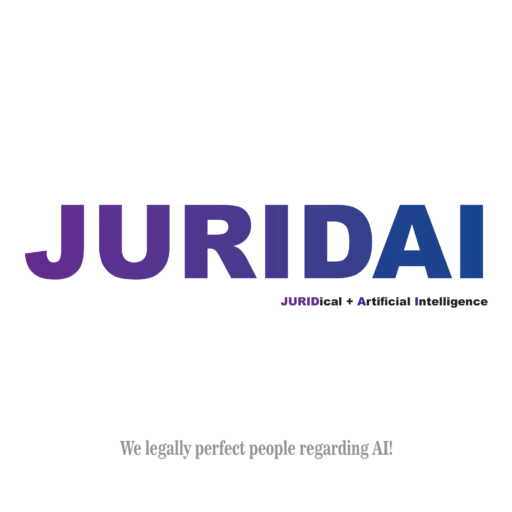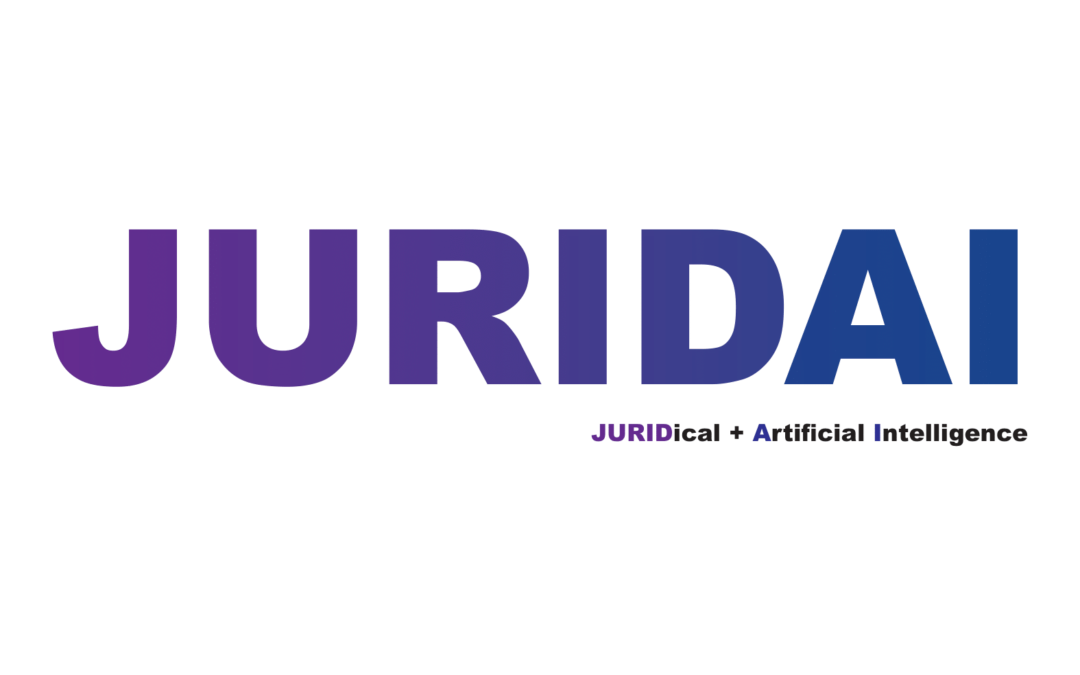By: Prof. Dr. Camilo Alfonso Escobar Mora, certified as a post-doctorate in law, Ph.D. in law, master’s (LL.M.) degree in commercial law, master’s degree in law and information technology, master’s degree in telecommunications law, lawyer, author of several books on legal validity and founder of JURIDAI In-house legal training services to Organizations Creating AI Systems on general principles of law regarding AI www.juridia.co. Contact: [email protected].
The law is the duty to be juridical. It’s the idea of good. Properly, the form (of existence) of the good. It is what must be done/applied/fulfilled in order for good to exist. Because it defines rights and duties. The form (of existence) of rights and duties. The form (of existence) of the exercise of rights and duties.
Because it indicates the characteristics of rights and duties. The conditions of the existence of rights and duties. That is to say, the form (of existence) of the enjoyment of rights and the fulfilment of duties. The form (of existence) of its fulfilment – of the fulfilment of what is defined in it (the form, of existence, of the fulfilment of the law).
That is why the law is a whole. The whole of what is defined in it. Created by the result of the union of its parts. That is to say, of its elements (of the elements of law). That is, of their forms of existence. That is, of the forms (of existence) that must exist for the existence of rights and duties.
A right (and a duty) only exists when (if) it is exercised. It’s another thing to define it. That is, its theoretical part. But, in practice, it exists. When it is exercised. Therefore, it is the result of the union (of the elements -i.e., of the forms, of existence-) of its (i.e., of its dimensions/forms) theory and practice.
That is the foundation of law -basis of law- (legal basis). Which clarifies how rights and duties exist. That is, the characteristics (of existence) of rights and duties. That is, the way in which rights are enjoyed and duties fulfilled.
That is why, for example, it should/must not be said that the law is based on the balancing of rights and duties. Because every right and duty is important. The exercise of rights and duties only exists when (all) rights and duties are exercised.
The connection between rights and duties is the way to fulfill the law. The form (of existence) of the fulfillment of the law. The form (of existence) of the duty to be juridical. Created/existing as a result of the union of (the parts of) the theory and practice of the whole of law.
So, for example, in relation to artificial intelligence, it is necessary to know how to exercise rights and duties according to the way in which the legal relationship linked to it exists (with what is called, known, called, as artificial intelligence, AI -A.I.-).
The problem is not one of inadequacy of the law. It is one of ignorance and non-application of the law. It is the need for clarity of the form of the law. The way in which rights and duties exist. Of the law.
That’s the diligent thing to do. Clarify the law. Properly, to comply with it. Comply with (as defined in) it. Depending on its clarity and application to achieve it. This is done on the basis of the form of each (existing) legal relationship.
However, in order to realize it/develop it/obtain it/generate it/fulfill it, you must first know. The (all of) law. That is to say, their form of existence. Its conditions of existence. Its condition of existence (created by the result of the union of the conditions of its existence).
This is how it can be made (the, one, any, any, every, all -the whole of-the) legally valid artificial intelligence (valid). Because it is an object that exists on the basis of the enjoyment of rights and fulfillment of duties.
By everyone (i.e., every human being) existing in every legal relationship related/linked to artificial intelligence. Based on the way in which the law applies to each person.
According to the way in which each person exists in relation to each person (natural/physical and, if any, legal/moral) involved in the (one, some, form of the -existence of-the) artificial intelligence.
That is the form (of existence) of the valid legal relationship. Because each of its parts and, therefore, its whole exist coinciding (i.e., in a way/form that coincides) with what is defined in the law. That is to say, with the way in which the law applies/proceeds to it.
The facts of the legal relationship and, properly, (the “whole of” fact of – i.e., the whole of – the legal relationship – the legal relationship – must comply with the law. It must exist in a way that complies with the law.
Human beings are the ones who can and, properly, should/must do it. By being the ones who must exercise the rights and duties. Therefore, the valid legal relationship is one that exists on the basis of the exercise of rights and duties (i.e., on the basis of compliance with the law).
It is the juridical (legal) relationship in relation to which the enjoyment of rights and fulfilment of duties exists (since it exists on the basis of the exercise of rights and duties). It is only possible for the relationship to comply/coincide with what is defined in the (whole) of the law if the exercise of rights and duties exists in it.
But it is only possible to achieve this if there is clarity of the (about) the basis of the law. That is to say, of (on -in relation to-) the philosophy of law. That is, with the knowledge that defines the good. The form of good. That is, rights and duties.
So, artificial intelligence is not the problem. Because it can have a good or bad meaning (properly, it can be good (something good) or bad (something bad) depending on whether or not there is (non-existence) diligence (i.e., the fulfillment of the law -i.e., the exercise of rights and duties-) in relation to it.
Of course, when the basis of the law is not known, there is confusion. An (unnecessary) complexity. There is guilt. But when you know the -whole of the- law, you know/will know how to make artificial intelligence (in a valid way). Tailored to each related legal relationship.
It doesn’t mean it’s (always) easy. It depends on each case (i.e. each legal relationship). It is possible to achieve this. It is enough to decipher the law. In every existing legal relationship based on the existence of artificial intelligence (properly, in every legal relationship in which artificial intelligence is one of its parts).
Let’s bring law to life. Let’s give ourselves life. Let’s give life. Let’s enjoy the effect of enforcing the law. Let’s get to know it and apply it.
Let’s not keep thinking/considering/promoting/pretending/arguing that the law is only something that is fulfilled in the face of non-compliance.
Therefore, let’s not continue to maintain that the problem of law in relation to artificial intelligence is that once it causes injuries to/of rights – damages –, something irreparable, uncontrollable, impossible to restitute of duties occurs/exists.
Of course, in the face of non-compliance with the law, there is unnecessary complexity!
Let’s comply with the law. In each legal relationship. Including the one linked to artificial intelligence. That is the duty/right. The legal must be (the must be defined in the -whole of the- law).

